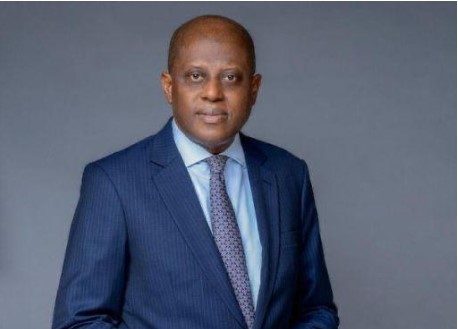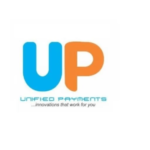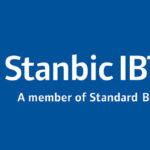
Financial experts have said that the latest directive from the Central Bank of Nigeria asking banks to deposit their excess foreign exchange with it is aimed at boosting the country’s reserves.
The pundits stated that in exclusive chats with The PUNCH on Sunday.
The circular containing the new guidelines, which was signed by the Acting Director of the Currency Operations Department at the CBN, Solaja Mohammed, read in part, “In order to deepen the foreign exchange market, boost liquidity and attain convergence in the exchange rates of the parallel and official markets, the Central Bank of Nigeria has approved that DMBS may deposit their excess foreign currency notes with Lagos and Abuja branches of the Bank. The approval is a response to the increasing demand by DMBS to deposit their forex cash with CBN for onward credit to their off-shore accounts with the correspondent banks.”
Reacting to the development, a former President of the Chartered Institute of Bankers of Nigeria, Okechukwu Unegbu, said, “The first one is to strengthen the reserves. There have been complaints about the depletion of foreign reserves. What they want to ensure is in a state where they can settle obligations, particularly, airlines that we are owing and servicing of our borrowings, which is very high. However, I doubt if it will be enough even if banks deposit their excess foreign exchange.
“They will use it to boost the reserves, but I doubt if any bank will have excess because they also have to meet their customers’ demands for school fees, medicals and such. Despite the state of the market, people are still making demands. So I don’t know any bank that will be doing that.”
According to an economic and capital market analyst, Rotimi Fakeyojo, from all indications, the banks would not be happy because they are taking away their free control over the deposits.
“This implies that the CBN is finding a way to bring up new dimensions of oversight in that space such that when the deposit comes before you can take it out, there will be a process. We don’t know whether the process will be flawless for now.
“What we need at this point is policy consistency. They can effect that today and six months down the line, they say that they are reversing it. Policy somersault is what is preventing investors from bringing money into Nigeria. I do not see how this would not be contested. They may subscribe to it right now, but in a little while, they will come up with strong reasons. With this move, CBN wants to find a way to boost the reserves in such a way that they would have control,” he explained.
A banker in a tier 1 bank, who spoke anonymously with The PUNCH, doubted that banks had enough forex to meet the demands of their customers, let alone excess with the CBN.
“Customers are not getting FX in the banks; they have to go to bureau de change operators. You requested FX for school fees or medicals and it is taking six months or more. The FX that the banks have access to these days comes mostly from the creative industry.
“These are creative who are productive and earning in dollars, so they have dorm accounts.
“We will wait till (Monday) for the interpretation of the memo as it affects our operations,” the banker stated.
Part of the guidelines required DMBs to give at least three working days’ notice before depositing foreign currency, adding that the notice must be accompanied by a list of the owners of the currencies.
Daily deposit limits have been set, with a maximum of $10m for higher denomination bills ($100 and $50), and $1m for lower denomination bills ($20 and below). Similar limits are set for GBP and Euro deposits at £1m and €1m, respectively.
Also, the CBN mandated that two representatives from the depositing bank be present to witness the deposit process.
“The bank will credit the DMBs’ offshore correspondent bank accounts within a cycle time of T+5 days, with a handling charge of 0.30 per cent on the authenticated amount,” the apex bank noted.




